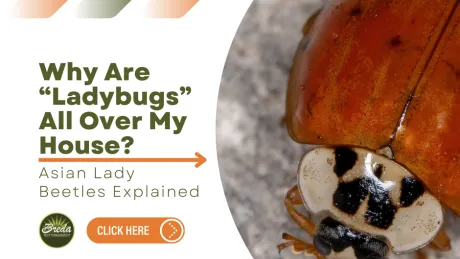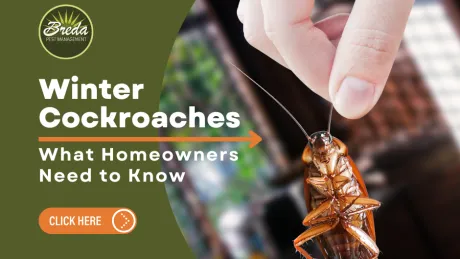When the temperature drops and food becomes scarce, your home can stand out like a beacon to rats and mice. An estimated 21 million homes are infested by rodents each year, but many homeowners are unaware of true dangers that rats and mice can bring with them.
In this blog, we'll take a look at some of the biggest reasons why you can't afford to have rodents invading your home this winter:
Disease
The biggest danger rodents pose comes from the diseases they can spread. When rats or mice make a nest in the home, the buildup of urine and droppings can spread disease throughout the house (compounded by decaying organic material from rats that have died). Because rodents love to break into food items, they can also contaminate food they come into contact with.
According to the Centers for Disease Control and Prevention, rodents can play host to a number of dangerous and even deadly diseases. Diseases directly transmitted by rodents include Hantavirus, salmonella, rat-bite fever, leptospirosis, and even bubonic plague!
If you want to keep your home from being a vector for disease, keeping rodents out is a necessity.
Allergies
In addition to diseases, numerous studies have also shown a link between rodents and allergic reactions. Specifically, rodent contact can trigger asthma attacks, and studies have established a linkage between rodent exposure and asthma symptoms.
Chemicals found in rodent urine, droppings, and hair can all cause allergic reactions in humans.
Damage
Rat and mice have powerful teeth that never stop growing. To keep them shaved down to a manageable size, they have to constantly gnaw on anything they can find - including your home's walls, doors, and furniture. In the attic, mice love to tear up insulation, paper, and any cardboard boxes they can find to be used for nest materials.
Rodents also have oil and dirt on their coats that leaves damaging grease marks on any objects they rub up against, such as walls or siding. Other biological elements that mice and rats leave behind, such as urine and droppings, can also lead to rot in wood.
In addition to direct damage, a rodent infestation can also worsen existing problems. Once they've found a hole in the wall allowing them into the house, they'll make that hole one of their prime gnawing areas. Over time, a quarter-sized hole big enough for a mouse to slip in could quickly become large enough to allow bigger wildlife inside, not to mention bugs.
Fire
While gnawed wood is damaging to the house, it's nowhere near as dangerous to the people inside as gnawed electrical wires. Rodents finding and gnawing on wires is a huge contributor to home fires in the United States; in fact, exposed wires resulting from rat or mice presence are believed to account for 20% of house fires across the country each year.
If you want to keep your house safe for everyone living inside, rats and mice have to be excluded. For more information about how you can keep your home safe from rodent invasion this winter, check out our free informative guide, How to Protect Your Attic from Rats & Mice This Winter, and defend your loved ones today!



